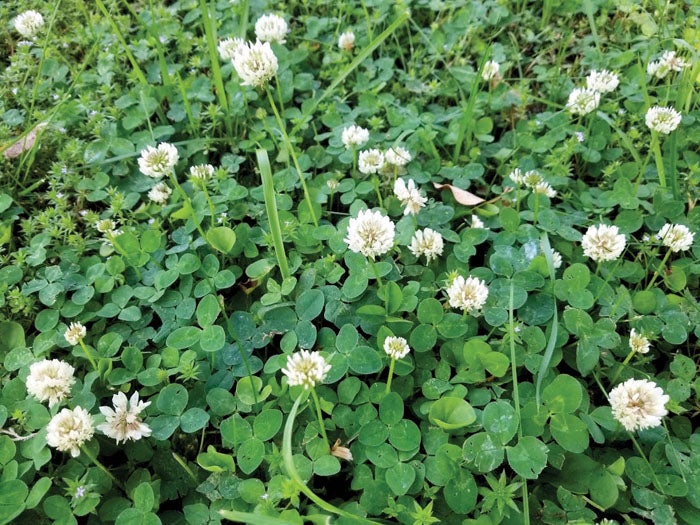Darrell Blackwelder: Clover in lawns
Published 12:00 am Sunday, May 23, 2021

- The weather has been perfect for the growth of many lawn weeds, including white clover.
The weather has been perfect for the growth of many lawn weeds, including white clover. White clover and other broadleaf weeds continue to be a problem in cool-season fescue lawns. Homeowners have asked how to eliminate the weed from their fescue lawns. There are a number of methods to reduce the spread without using herbicides.
White clover is a problem in lawns that are mowed too closely. Fescue needs to be mowed as high as possible, 3 inches high or more. Short grass blades reduce growth and allows clover and other weeds the opportunity to spread during the spring and summer months. Areas of white clover is also a sign of poor fertilization. Fescue lawns should be fertilized and maintained on a regular basis for adequate control. Proper fertilization by maintaining at required levels of phosphorus and nitrogen reduces competitive ability of white clover in cool season turf.
White clover is a difficult weed to control with herbicides, especially when it is in bloom. Broad-leaf weed control herbicides often require multiple sprays. White clover is native to the European countries and has naturalized to lawns and roadsides and fields throughout North America, attractive to bees; frequently used as a cover crop due to nitrogen fixation; good forage for livestock.
Many have learned to accept clover enjoy the colorful flowers in the spring and early summer.
More detailed information on controlling white clover and other weeds can be found online at: https://www.turffiles.ncsu.edu/weeds-in-turf/white-clover/
Darrell Blackwelder is the retired horticulture agent and director with the North Carolina Cooperative Extension Service in Rowan County. Contact him at deblackw@ncsu.edu .



